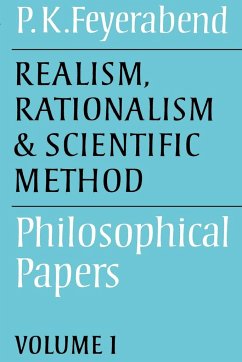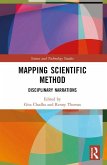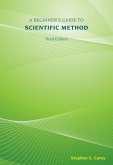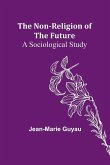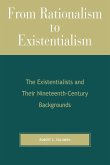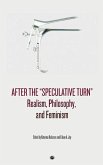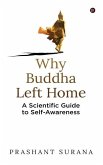Over the past thirty years Paul Feyerabend has developed an extremely distinctive and influentical approach to problems in the philosophy of science. The most important and seminal of his published essays are collected here in two volumes, with new introductions to provide an overview and historical perspective on the discussions of each part. Volume 1 presents papers on the interpretation of scientific theories, together with papers applying the views developed to particular problems in philosophy and physics. The essays in volume 2 examine the origin and history of an abstract rationalism, as well as its consequences for the philosophy of science and methods of scientific research. Professor Feyerabend argues with great force and imagination for a comprehensive and opportunistic pluralism. In doing so he draws on extensive knowledge of scientific history and practice, and he is alert always to the wider philosophical, practical and political implications of conflicting views. These two volumes fully display the variety of his ideas, and confirm the originality and significance of his work.
Table of contents:
Introduction to volumes 1 and 2; Part I. On The Interpretation of Scientific Theories: 1. Introduction: scientific realism and philosophical realism; 3. An attempt at a realistic interpretation of scientific theories; 4. Explanation, reduction and empiricism; 5. On the 'meaning' of scientific terms; 6. Reply to criticism: comments on Smart, Sellars and Putnam; 7. Science without experience; Part II. Applications and Criticisms: 8. Introduction: proliferation and realism as methodological principles; 9. Linguistic arguments and scientific method; 10. Materialism and the mind-body problem; 11. Realism and instrumentalism: comments on the logic of factual support; 12. A note on the problem of induction; 13. On the quantum theory of measurement; 14. Professor Bohm's philosophy of nature; 15. Reichenbach's interpretation of quantum mechanics; 16. Niels Bohr's world view; 17. Hidden variables and the argument of Einstein, Podolsky and Rosen; Sources; Name index; Subject index.
Table of contents:
Introduction to volumes 1 and 2; Part I. On The Interpretation of Scientific Theories: 1. Introduction: scientific realism and philosophical realism; 3. An attempt at a realistic interpretation of scientific theories; 4. Explanation, reduction and empiricism; 5. On the 'meaning' of scientific terms; 6. Reply to criticism: comments on Smart, Sellars and Putnam; 7. Science without experience; Part II. Applications and Criticisms: 8. Introduction: proliferation and realism as methodological principles; 9. Linguistic arguments and scientific method; 10. Materialism and the mind-body problem; 11. Realism and instrumentalism: comments on the logic of factual support; 12. A note on the problem of induction; 13. On the quantum theory of measurement; 14. Professor Bohm's philosophy of nature; 15. Reichenbach's interpretation of quantum mechanics; 16. Niels Bohr's world view; 17. Hidden variables and the argument of Einstein, Podolsky and Rosen; Sources; Name index; Subject index.

